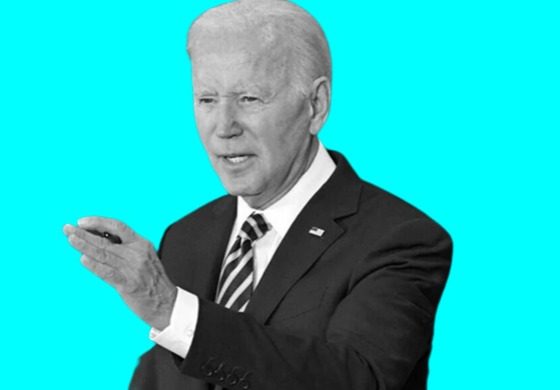China has taken the next step in the ongoing export restrictions spat with the U.S., this time laying the groundwork to restrict the supply of a key ingredient for electric vehicles (EVs), Reuters reported.
China will require exporters of graphite, a key material for the production of EV batteries, to apply for licenses starting Dec. 1, a move which could enable Chinese regulators to selectively disrupt efforts by countries like the U.S. to develop their own domestic EV supply chains, according to Reuters. The announcement of the new requirements follows the Biden administration’s decision to introduce new export controls on computer chips and other high-tech equipment bound for China on Tuesday.
China dominates the global supply chains for green technologies and EVs, including its control of about 65% of the global graphite supply, according to Reuters. The country also controls about 90% of the world’s graphite refining capacity, meaning that the overwhelming majority of graphite produced by non-Chinese interests still has to go through China in order to be refined for commercial use in EV batteries and other products.
Western governments, including the U.S., are counting on widespread adoption of EVs to facilitate sweeping climate change agendas and emissions reduction targets. The Biden administration is spending billions of dollars and regulating aggressively to have EVs account for 50% of all new car sales in the country by 2030 as a part of its wider push to have the overall U.S. economy reach net-zero carbon emissions by 2050.
Global automobile manufacturers, especially in Europe and the U.S., are likely to struggle to diversify their supply chains, according to Reuters. Refined graphite is needed to build anodes, which are components of a battery that allow electrical current to flow.
The structure of the graphite restrictions is very similar to the controls that Chinese regulators introduced in July on gallium and germanium, two other raw materials that are crucial to building high-tech products like fiber-optic cables, according to Reuters.
Tensions have increased between the U.S. and China in recent months, with Chinese state-affiliated hackers breaching the email accounts of State Department officials and Commerce Secretary Gina Raimondo over the summer months. In February, a Chinese spy balloon traversed the continental U.S. and floated over key military sites before Biden ultimately ordered it to be shot down off the coast of North Carolina.
The Biden administration is preparing for Chinese President Xi Jinping to attend San Francisco’s Asia-Pacific Economic Cooperation (APEC) meeting in November, although neither nation has confirmed that Xi will attend, according to Axios.
The White House did not respond immediately to a request for comment.
















